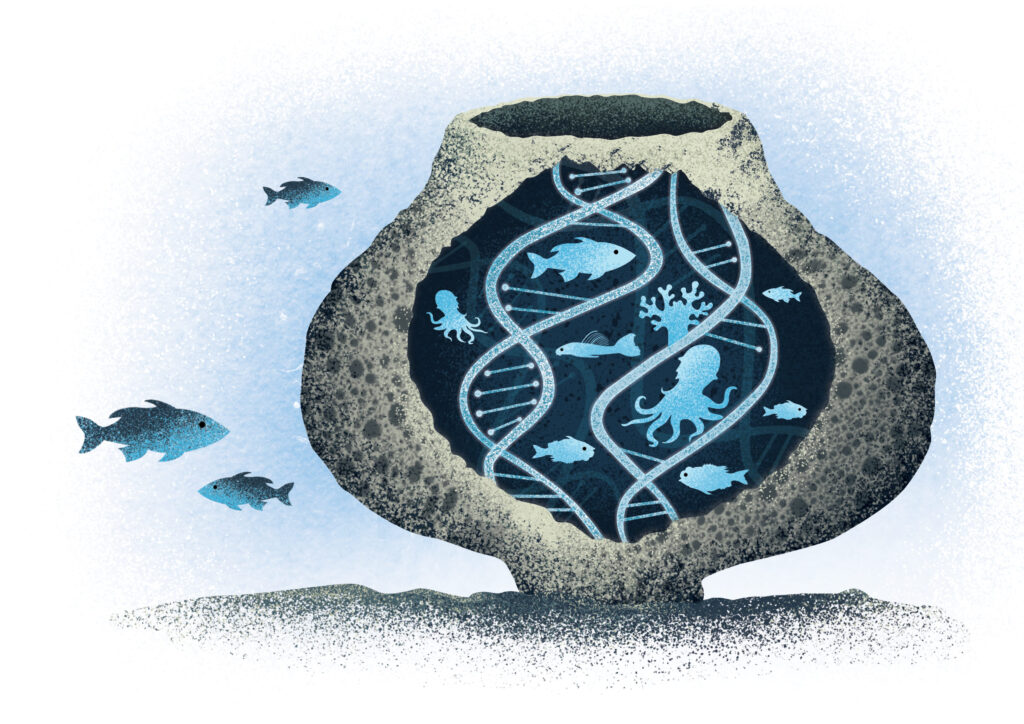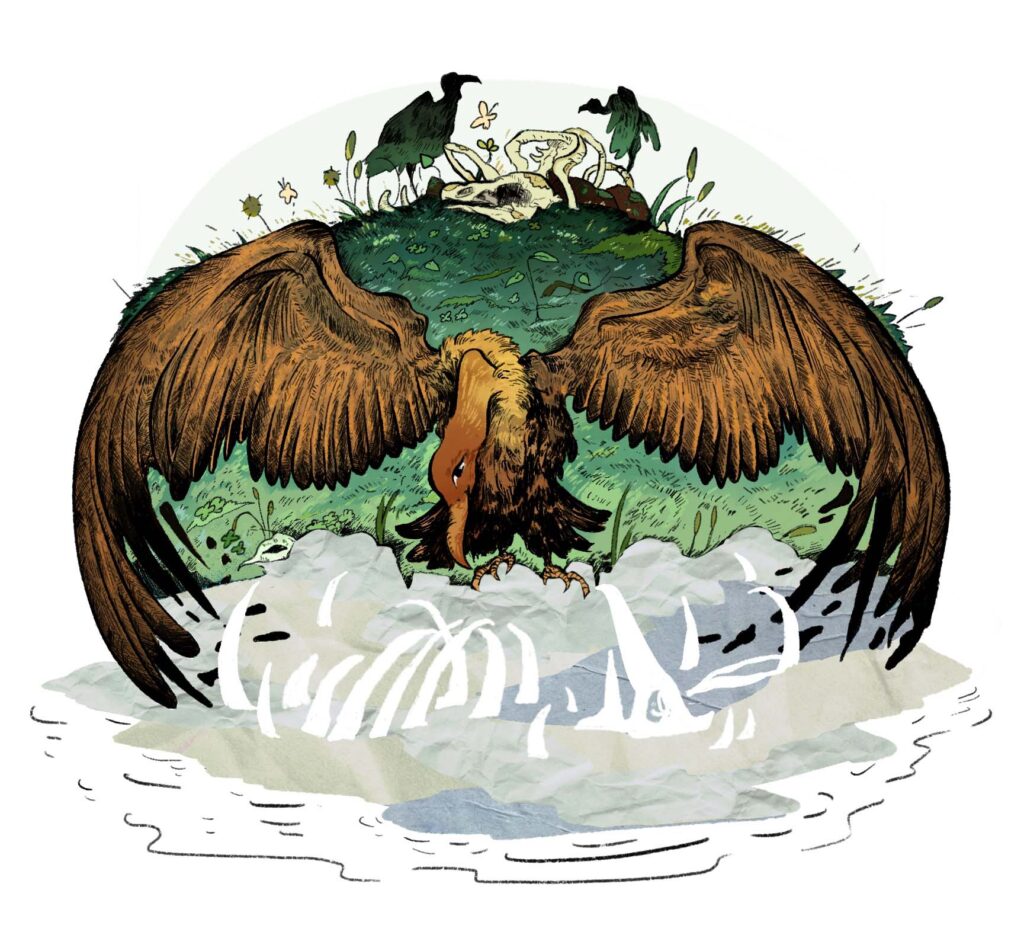Documenting an ecosystem’s services is sometimes the most effective language for conserving complex ecosystems like coastal zones
Ecosystem-based management is logistically and politically challenging because ecosystems are inherently complex and management decisions affect a multitude of groups. Coastal ecosystems, which lie at the interface between marine and terrestrial ecosystems and provide an array of ecosystem services to different groups, aptly illustrate these challenges. Successful ecosystem-based management of coastal ecosystems requires incorporating scientific information and the knowledge and views of interested parties into the decision making process. Estimating the provision of ecosystem services under alternative management schemes offers a systematic way to incorporate biogeophysical and socioeconomic information and the views of individuals and groups in the policy and management process.
Employing ecosystem services as a common language to improve the process of ecosystem-based management presents both benefits and difficulties. Benefits include a transparent method for assessing trade-offs associated with management alternatives, a common set of facts and common currency on which to base negotiations, and improved communication among groups with competing interests or differing world views. Yet challenges to this approach remain, including predicting how human interventions will affect ecosystems, how such changes will affect the provision of ecosystem services, and how changes in service provision will affect the welfare of different groups in society.
In a case study, the potential of applying ecosystem services as a common language for ecosystem based management has been illustrated. Consideration of ecosystem services was an implicit part of the development of watershed-level restoration plans for Puget Sound, Washington, as part of the Shared Salmon Strategy for the recovery of endangered salmon.
This example demonstrates that the use of ecosystem services as a common framework to support ecosystem based management, even in a process explicitly set up to do so, requires an initial investment in education, communication, and outreach to be successful. As more coastal management efforts embrace this approach and successful precedents.
References:
Granek EF, S Polasky, CV Kappel, DJ Reed, DM Stoms, EW Koch, CJ Kennedy, LA Cramer, SD Hacker, EB Barbier, S Aswani, M Ruckelshaus, GME Perillo, BR Silliman, N Muthiga, D Bael & E Wolanski. 2010. Ecosystem services as a common language for coastal ecosystembased management. Conservation Biology 24(1): 207-216.






